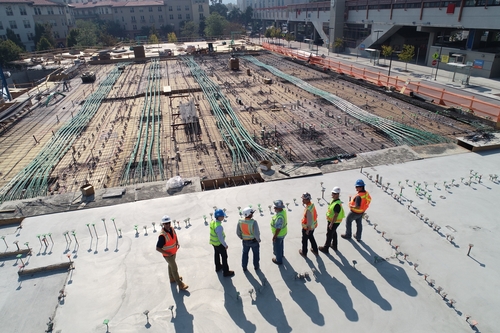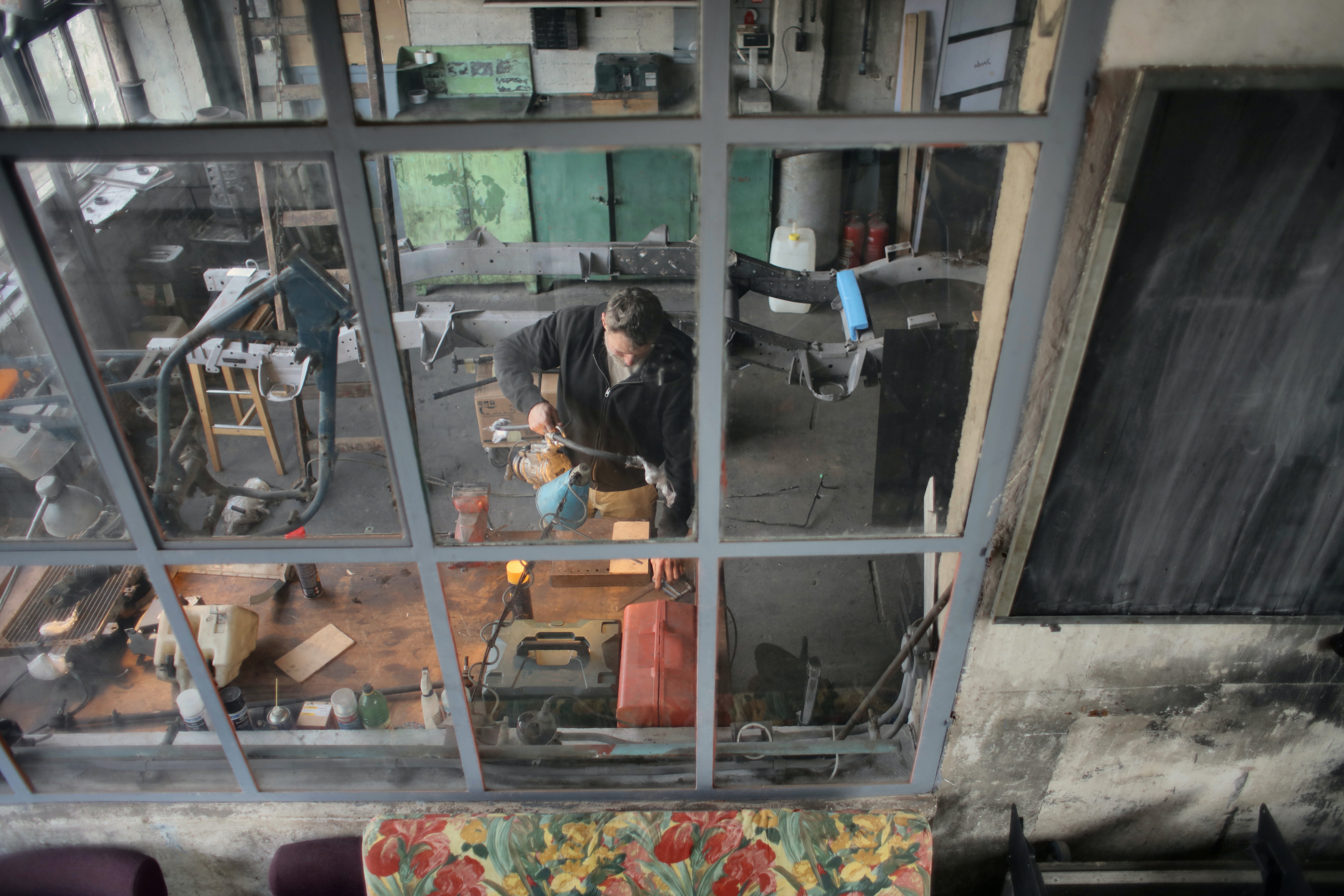October 2016 Newsletter
Welcome to the October issue of the CGC Newsletter. In this edition we have an industry update from Jamie Ryde on Property and Client Side Project Management and a debut contribution from Hollie for...
Read moreIt’s an exciting time to be part of the Australian construction and engineering industry. Not only in terms of the projects but also the plethora of job options and opportunities.
From blue collar to white, management to the tools and everything in between - job seekers are spoiled for choice, if, of course, they can articulate their experience and skills in a professional CV (also referred to as a resume).

So if you're looking for your first, or indeed next, job in the industry, you need to know what recruiters and employers are looking for. As your CV is the first document they look at and the one they refer to most during the recruitment process, here are CGC's top 5 CV hints and tips.
Creating a CV can be a daunting task for both first-time job seekers and seasoned professionals as it is the key to making a good first impression. And, if you make a great impression on paper, it’s likely you’ll be shortlisted for an interview.
So, what are the best ways to effectively build an excellent CV for construction and engineering jobs? Here are 5 tips to give your CV a boost:
Interviewers receive a lot of applications for a role and undertake a process known as, screening, to create a shortlist of the best candidates. Cover letters and CVs are the first time they’re going to see about you. So, your CV needs to:
If someone is going through 100 CVs to find one person, you need to make it easy for them to pick you. Above all else make yourself relevant to the job you’re applying for.
Again try to make it easy for the recruiter - on average, interviewers only spend a few minutes going through an application and can easily miss something if a CV is poorly formatted and organised. A CV with a simple and clean format that clearly highlights relevant experience, skills and qualifications has a better chance of getting you an interview.
If you already have a background in the area you’re applying for, make sure you have included your responsibilities and achievements. Highlight the skills that are relevant to the job you’re applying for. Instead of creating a long list, think about the skills that are beneficial to the job and how you’ve used those skills to solve complex challenges for past employers.
Read the job ad carefully, and if you have the required skills highlight them. And if you can put them in the context of an achievement, all the better.
For example:
Yes, people want to know who you are but gone are the days where you have to put a lot of personal details on your CV. By all means, add hobbies, personal achievements and a sentence on who you are but don’t go overboard. The employers primary requirement in creating a shortlist is identifying the candidates who have the skills, experience and qualifications to do the job.
If you played first-grade footy, that can be an interesting fact to break the ice in an interview, but it won’t get you shortlisted. So mention it but keep it to one short (5 words) bullet point.
Once you’re done writing your CV, remember to go through the document and double-check for any errors; spelling, grammar, check your dates, document length, etc. Next, have a close friend or family member read your CV and ask for feedback. A second opinion may give you an idea of what other relevant information you can include in the CV.
If you want industry feedback, seek out a professional recruiter with industry experience, like CGC and ask for their opinion. They deal with hundreds of jobs and know what employers are looking for right now.
Both new workers and skilled industry professionals are always needed in Australia’s booming engineering and construction industry. Though the industry is full of job opportunities, it can be challenging to find the right employer.
So, if you’re looking to jumpstart a career or find your next career challenge, contact us today, and talk to one of our established and professional recruiters who specialise in fields across the engineering construction industry.
Welcome to the October issue of the CGC Newsletter. In this edition we have an industry update from Jamie Ryde on Property and Client Side Project Management and a debut contribution from Hollie for...
Read more
Welcome to the April edition of the CGC Newsletter 2019. The return of the Berejiklian Government has filled the market with confidence with regards to construction and civil infrastructure. Business...
Read more
As we continue to investigate major infrastructure projects set to transform Queensland and New South Wales in our Projects in Focus series, we focus on the Three Residential Towers at 108 Lambert...
Read more
The Gold Coast Light Rail Stage 3A project is a step closer, after being added as a Priority Project on Infrastructure Australia’s Infrastructure Priority List. It is one of four major QLD projects,...
Read more
The construction industry is undergoing a period of significant change driven by trends and innovation. Some recent developments include an industry-wide focus on worker welfare and the introduction...
Read more
Case Study: Building services sector The construction industry is the third largest in Australia, generating over $360 billion in revenue. Over 1.15 million people were employed in construction in...
Read more
We take a broad look at the recruitment marketplace for Infrastructure, in the second of our four-part Market Wrap series discussing FY20 and the financial year ahead. In next year’s turbulent...
Read more
In our Projects in Focus series, over the past six months, we have been focusing largely on significant construction and infrastructure developments and projects in our home markets of NSW and...
Read moreWelcome to our March 2017 newsletter where you are fortunate enough to hear from both the Sydney head office and the Brisbane branch, aka Swindon. David Hope will enlighten us all about the current...
Read more© 2022 CGC Recruitment. All rights reserved.
Terms & Conditions Privacy Policy Contact